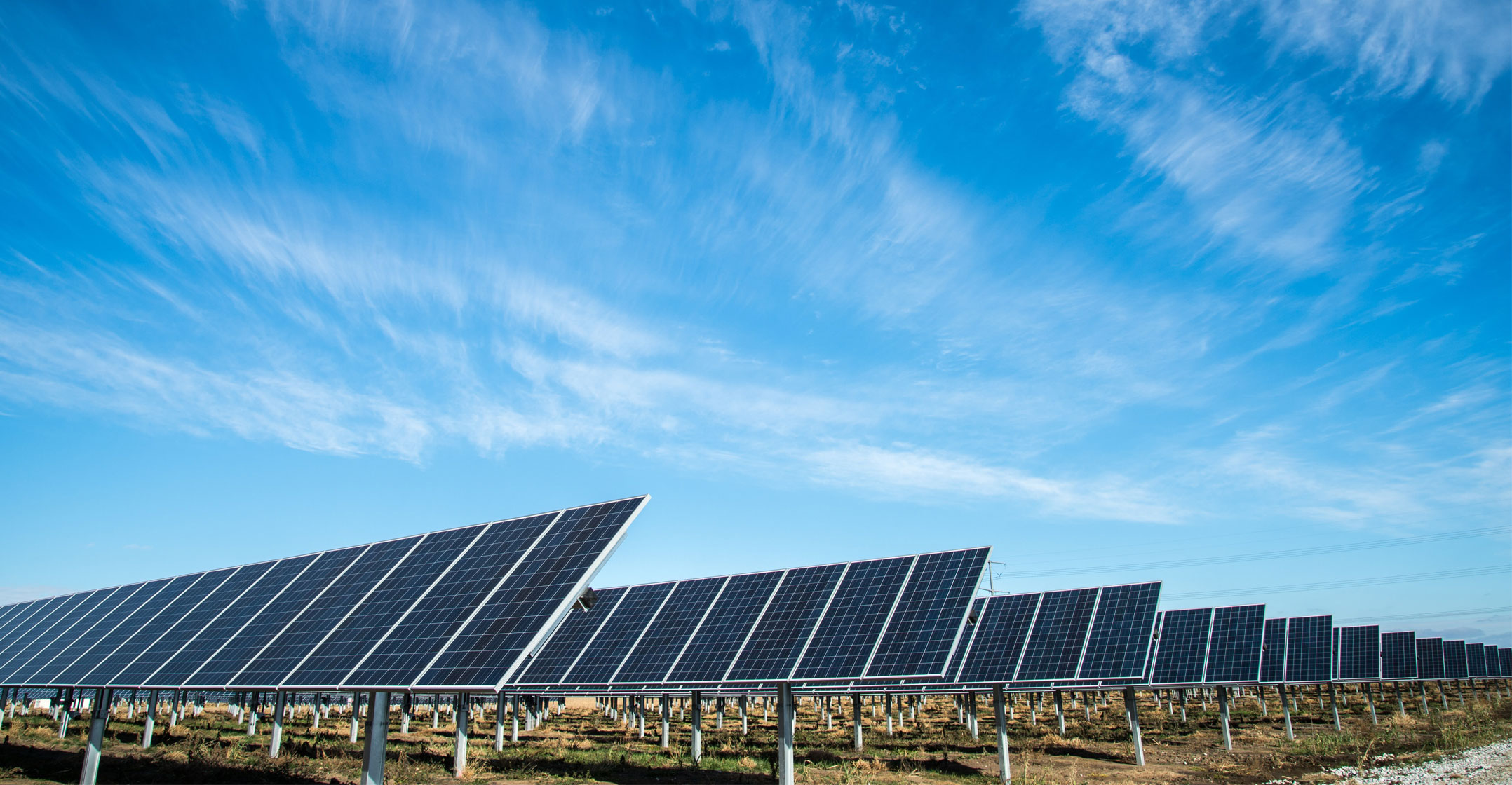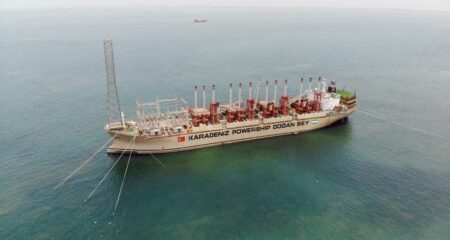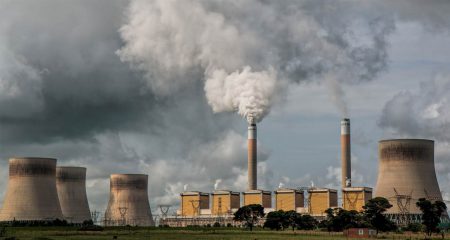
Energy minister Gwede Mantashe has said South Africa’s natural resources and the development of the renewable energy industry have the potential to accelerate growth and set the country on a path towards a low-carbon economy.
Mantashe was addressing the Solar Power Africa conference in Cape Town, on Wednesday.
“Government recognises the role that renewables are playing in the just energy transition. We are a coal-based energy economy. We need to diversify our energy mix as we transition from high-carbon to low-carbon emissions.
“With the natural resources we have for the development of the renewable industry, it is possible to generate the much-needed energy to kick-start our economy and put South Africa on a just energy transition trajectory,” he said.
Government’s Renewable Energy Independent Power Producers Programme (REIPPPP) has, since the first bid window in 2011, generated at least 66.7GWh of renewable energy and added thousands of employment opportunities in the construction and operation of renewable energy power plants.
“The first renewable energy IPP, a solar PV project, started supplying electrical power to the grid in November 2013 and, by the end of September 2021, 83 IPP projects, were connected to the national grid and supplying energy to Eskom,” Mantashe said.
Billions
He added that new energy projects, which were announced as preferred bidders in bid window 5 of the REIPPPP in October last year, are expected to pour investments amounting to billions of rand into the economy and potentially create more than 13 000 jobs.
“Through the IPPPP, 61 858 job opportunities have been created in the construction and operation of IPPs, until the end of September 2021, of which 37 673 new job opportunities were created through the solar power projects.
“However, given the scourge of unemployment in South Africa, especially among women and youth, the green energy sector should do more to move the country from job opportunities to permanent employment and manufacturing capacity,” the minister said.
Mantashe reiterated that the abundance of natural wealth of South Africa and Africa can potentially change the trajectory of the continent.
 “Africa possesses natural and mineral wealth capable of turning around country economies and the prospects of the continent. The inability to translate this potential resource into actualisation is hampered by lack of financial, technological and human capabilities that are compounded by difficult global dynamics.
“Africa possesses natural and mineral wealth capable of turning around country economies and the prospects of the continent. The inability to translate this potential resource into actualisation is hampered by lack of financial, technological and human capabilities that are compounded by difficult global dynamics.
“We have, traditionally, relied on hydropower and coal. Solar PV, with recent substantial cost reductions, offers a rapid, cost-effective way to provide utility-scale electricity for the grid and modern energy services,” Mantashe said.




